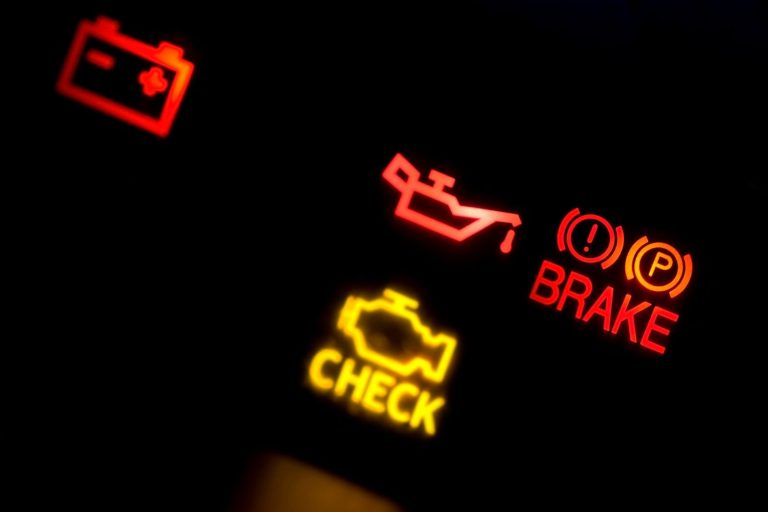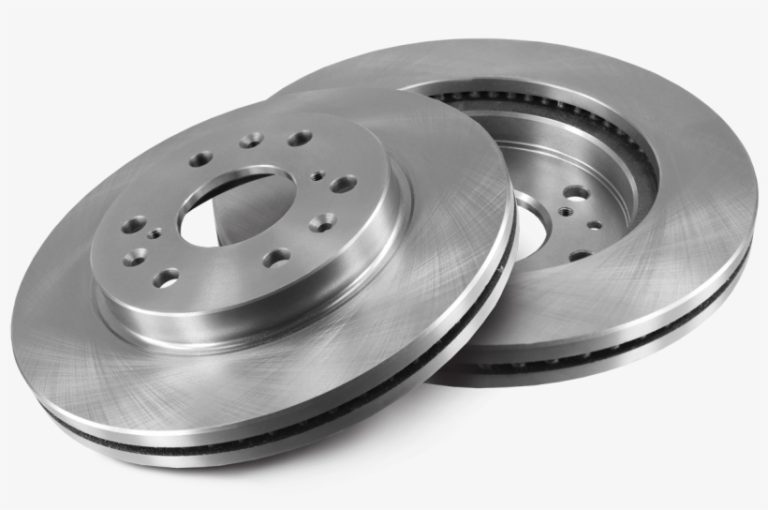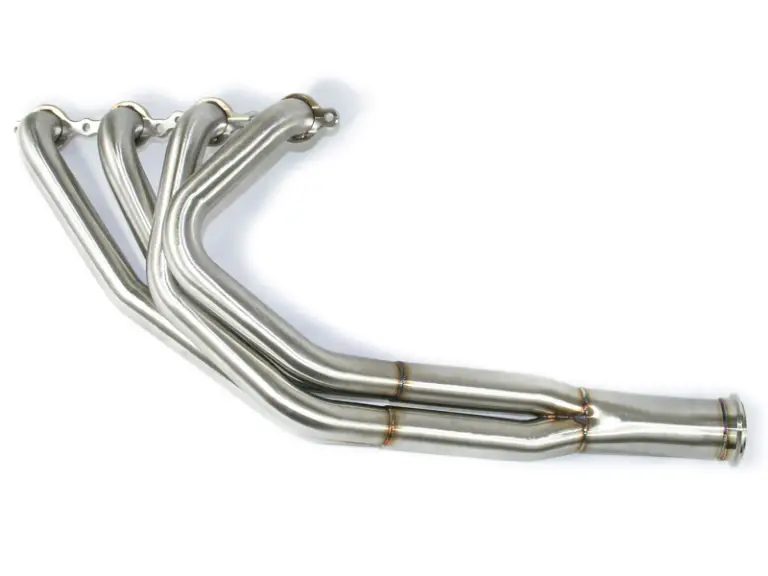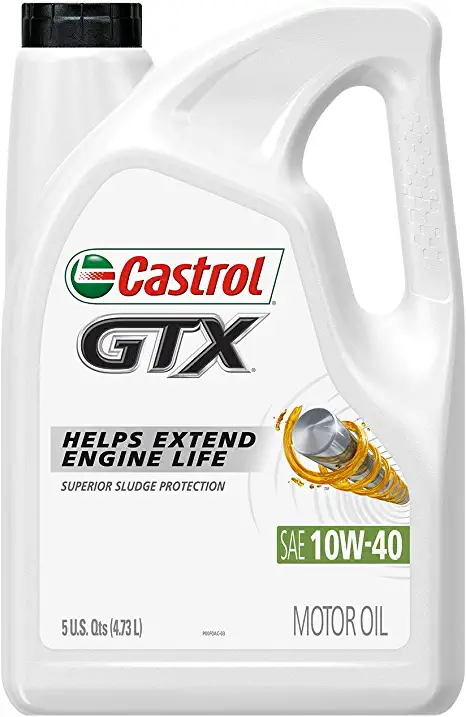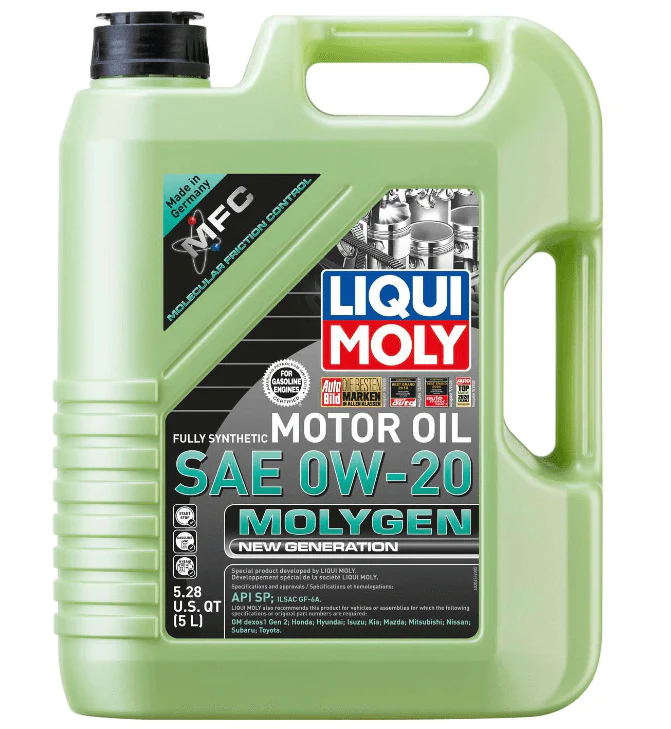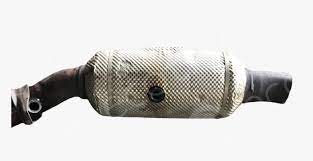Rubbing Noise When Turning at Slow Speeds
Every car user needs the steering wheel to be safe on the road. The ability to react immediately in case of changing road conditions is provided by it.
However, it can be problematic if your vehicle’s steering wheel makes rubbing noises when turning at a slower speed.
This type of noise is described as grinding noise by most people. The joints don’t move in a straight line when the axles wear.
When the steering elements malfunction, you risk your safety and that of other passengers because you ignore the rubbing or the squeaking noise.
In this guide, I will show you the causes of rubbing noises when you are turning slowly.

Rubbing Noise When Turning At Slow Speed Causes
The rubbing noise when turning at a slow speed is an indication that something in the suspension isn’t working correctly.
Learning the causes of rubbing noises will allow you to spot an issue early on and identify the best remedy immediately. Some of the causes and their solutions can be found below.
Failing Steering Rack
The power steering rack is used to deliver the suspension system rotation to the wheels. It is possible to turn right or left as a result.
If it is damaged, it will affect your ability to turn the car around. When turning at a low speed, rubbing noises will also be heard.
You will notice a burning oil odor, steering fluid leaking, and the steering wheels trembling if a failing steering rack causes the rubbing noise.
Contaminated fluid is one of the reasons the steering rack breaks. The steering system’s effectiveness is damaged when the steering fluid collects dirt over time.
The steering rack fails as a result of the contaminated fluid causing harm to your steering pump.
Steering fluid that has been contaminated can indicate that the steering rack is worn out and has to be replaced.
Pollutants are deposited into the steering fluid when the steering rack is worn down.
Solution
The power steering fluid needs to be checked now and then to make sure it’s in good working order. If you need to fill the steering fluid, check the level.
If the steering fluid is polluted, it’s a good idea for a professional mechanic to evaluate the condition of the steering pump and replace it if necessary.
Damaged Control Arm Bushings
Control arm bushings improve driving comfort and handling by decreasing the amount of vibration between the car’s frame and wheels.
You might feel uncomfortable while driving if the bushings are damaged. When turning at low speeds, you may hear rubbing noises underneath your vehicle.
The control arm bushings have to be secured carefully. If it collides with other components, it will cause rubbing and clunking noises beneath your vehicle.
Normal wear could be the reason for the problem. The control arm bushing is worn out and can make rubbing sounds when turning.
Solution
If you choose to do it yourself, make sure you replace worn-out bushings with high-quality ones.
They can evaluate the status of the surrounding components and repair them if they are damaged if they get professional assistance.
Dry Ball Joints
To keep the vehicle moving, the control arms and knuckles of the steering need ball joints. It would be helpful to lubricate them to keep them operating.
When the suspension is twisted, a dry ball joint can make a rubbing sound, and in some situations, steering may even tremble.
Solution
If your ball joints are dry, lubricating them will allow your car to operate normally and prevent squeaking and rubbing noise.
Clogged Power Steering Fluid’s Reservoir
Power steering depends on the lubrication fluid for it to function. A filter is used to remove dirt from the liquid in the reservoir.
The rubbing noise you get when you turn your car slowly is because you do not maintain the reservoir regularly.
Solution
The best way to prevent the fluid reservoir from failing is to maintain it so that problems can be identified and repaired sooner.
Faulty Tie Rods
A vehicle’s wheels only respond to directions given by the car owner who controls the suspension and steering system.
When the rod becomes loose or has a fault, it makes the steering groan or knocks noises, and you will hear the squeaking noise or knocking sounds when you try to turn your car at a slower speed.
Solution
The tie rods must be tightened if they are loose. If your tie rods are damaged, you can replace them with good-quality tie rods and your car will move smoothly.
A Faulty Shaft Joint
A joint is put between your steering rack and the steering wheel to make the shaft straight.
A result of regular wear and tear on the joint could cause it to cease functioning and cause the steering wheel to become very stiff and start making a rubbing noise.
Solution
Take your car to the shop to have the steering shaft joints replaced if they malfunction.
If you replace them in time, you can avoid further damage to your car’s engine or other components.
Leakage Of Steering Fluid
If the power steering fluid is leaking, low fluid levels will likely be found in the steering system.
It won’t be enough fluid to lubricate your steering wheel, which will allow it to operate smoothly and silently.
If your car is making rubbing noises while steering at low speeds, that could be because the steering fluid is leaking.
Steering fluid leaks can be caused by a malfunctioning steering pump. The source of the leak is often broken-out seals, which can be destroyed by regular wear or polluted fluid.
Solution
To minimize future harm to your car’s other components, it is important to detect leaks early and repair them.
If the leaks are significant, it would be a good idea to replace the faulty parts to avoid future leaks.
Make sure to use the correct fluid for your vehicle after you replace the broken seals.
Dry Jounce Bushings On Front Struts
The front struts have jiggles installed at the top of them. The rubber components act as shock absorbers, controlling joint movement and reducing noise.
They could be the cause of a rubbing noise when you try to turn, as they begin to make creaking noises when they start to dry.
Solution
The noise will be stopped only by lubricating the jounce bushings on the front struts.
What Is the Cost to Repair the Suspension System?
It is nearly impossible to estimate how much it will cost to fix the suspension system components because of the noises they make.
You will not need much to fix the issue if the mechanic only requires you to lubricate parts like the ball joints, which are less expensive.
It will cost you more money if you have to pay for installing new struts or repairing tie rods.
The chances of a faulty part breaking down if you don’t take your car to the technician when it starts making noises are only going to increase.
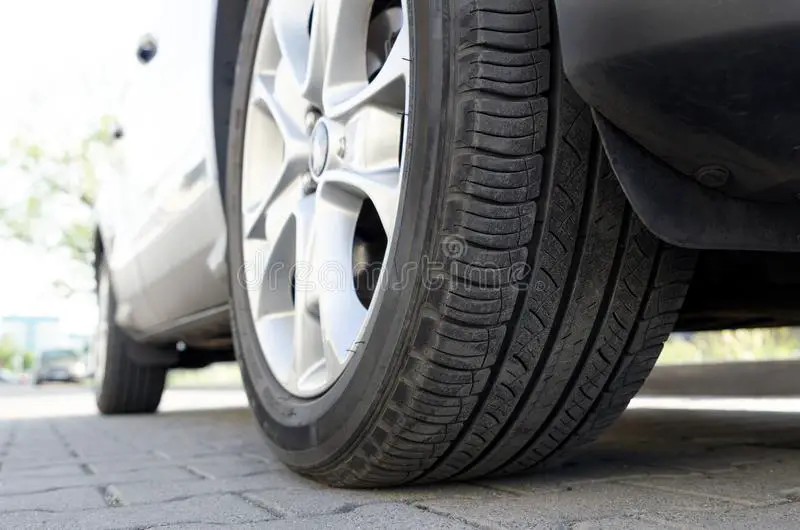
Conclusion
When turning at slow speeds, rubbing noise can be caused by faulty suspension system parts, on the other hand, various noise types can indicate a wide range of issues, making it almost impossible to establish the components you should examine.
Because evaluating the amount of harm or lubrication of various automotive parts can be difficult for any automobile lover, an expert mechanic is needed so that they can diagnose and help fix the issue.
The details in this article will give you more information on how to fix rubbing noises. If you don’t use much force to steer the vehicle, the steering wheel should turn silently.
If your car makes a noise when you turn it, you should get it checked and serviced by an expert or a mechanic.

Truck driver by profession, automotive lover by heart. Ricky is the main publisher and editor at Truckile.com sharing his life-long knowledge and experience in the auto industry and truck driving!

